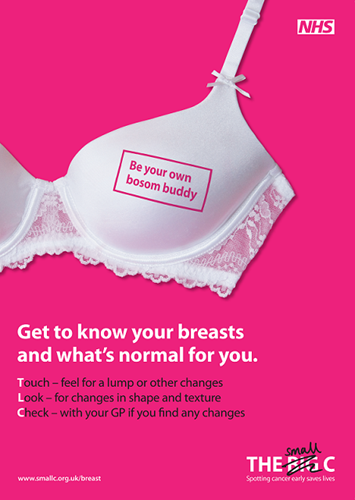Who is most at risk of getting breast cancer?
There is very little known about what (if anything) causes breast cancer. Nevertheless, there are some risk factors that increase the chance of developing the cancer. These include:
What is the diagnosis and treatment process for breast cancer?
If your GP is concerned with your symptoms they will refer you to a specialist breast unit within 2 weeks. Here you will be given either a mammogram scan or breast ultrasound to detect any abnormalities in your breast tissue.
If any concerns are raised the specialist will follow up with a biopsy where a small sample of cells will be taken from your breast and tested to see if they are cancerous.
If you are diagnosed with cancer you will be referred to a team called an MDT (multidisciplinary team) who will put together a plan of treatment designed specifically for you.
The main treatments for breast cancer are listed below:
The type of treatments you receive will depend on a range of factors including what kind of cancer you have and at what stage it is at, and you will either receive one of the above treatments or a combination.
What is the outlook for breast cancer?
The outlook for breast cancer is mostly very good with high survival rates. Of course, survival depends on a number of factors dependent on your individual case. Statistically though, if breast cancer is caught in Stage 1 or 2 there is a 90-99% survival rate amongst women. This is why it is important to try and catch breast cancer in its early stages.
What can I do to help prevent myself from getting breast cancer or catching it early?
As it is not yet known what causes breast cancer, prevention methods can only include lowering certain risk factors associated with the cancer and taking precautions. This includes:
How often should I check my breasts?
Women and men of all ages should check their breast at least once a month for symptoms and changes.
For more information on self-examination visit:
